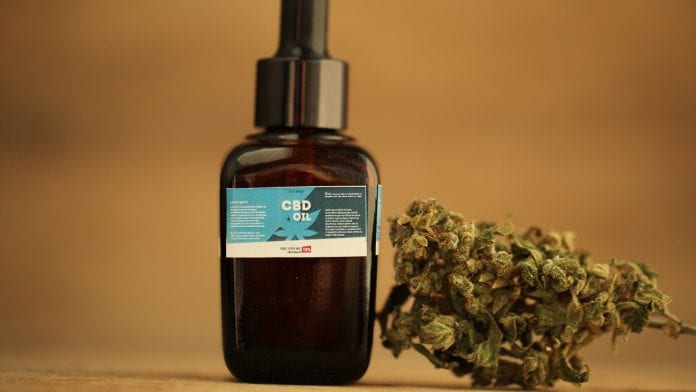
Even in the last decade of the past millennium, CBD medicine was criminalised and banned in many countries. So, what caused such a drastic change? What changed the stance of the regulatory boards in the 21st century?
It was the growing realisation of how much the healthcare sector benefits from CBD medicine. In ancient times, China, India, and other oriental countries explored the idea. However, it lost its status with the coming of Westerners as they branded it bad for health.
Recent discoveries in the healthcare sector are helping the Cannabidiol (CBD) regain its lost ground. In many countries, pharmaceutical companies are impacting regulatory boards in making favourable decisions for the CBD medicine to make the percolation process easier.
What made the pharmaceutical companies change their minds about CBD?
CBD is just one cannabinoid among many found in the cannabis plant, but it is not psychoactive, unlike THC (tetrahydrocannabinol).
CBD medicine can provide relief from pain, which led pharmaceutical companies think of it as an alternative. They are now extracting CBD oil from the plant and using it with carriers like coconut or hemp seed oil to come up with a proper medicine.
A cure for bodily pain
The recorded mention of CBD’s use to treat bodily pain goes back to 2900BC when Chinese people made significant advancements.
The modern science shows that the human body contains an endocannabinoid system (ECS) that plays a crucial role in assisting appetite, pain, sleep, and immune system response. Researchers got to know recently that CBD medicine can help the endocannabinoid system in building up a defense against various illnesses.
Medicinal developments from this like Sativex is now doing rounds in several countries as a treatment against sclerosis. In fact, CBD oil is also good for arthritis.
Helpful against anxiety and depression
Several studies have shown that CBD medicine could be a treatment for anxiety and depression, and its impact would be much different from the regular drugs where side-effects like insomnia, agitation, drowsiness, sexual dysfunction, and headache are common.
Use in cancer patients
Treating cancer triggers side-effects like vomiting, nausea, and pain. Studies have shown that a proper blend of CBD and THC can be a better option in such cases.
Acts against acne
Be it pollution or skin issues, whatever may be the reason, a lot of people are now showing signs of acne and they are worried about the permanent scar it could leave on their skin. CBD oil’s anti-inflammatory properties can help in treating the disease.
Neuroprotective properties
Although researches are getting substantial backing from various institutes, the end results are yet to be conclusive. Several researchers have shown in their studies that CBD oil is be beneficial for the treatment of sclerosis and epilepsy, and two CBD oils have now been approved for the treatment of epilepsy and MS.
What is happening across the globe?
Market Research Future (MRFR) predicts that the global CBD oil valuation could go up to $2.2mm by 2026 with a 125.58% CAGR.
Most of the revenues will come from the Americas as several countries have started decriminalising cannabis in order to explore healthcare possibilities. Europe and the Asia Pacific regions are also making significant progress, however, regulatory boards are still not lenient on the CBD oil market.
The FDA is also not convinced, and , physicians are not getting the legal authority to prescribe these medicines, which means some bumps for the market.
Swapna Supekar
Guest author
Market Research Future (MRFR)
Do you want the latest news and updates from Medical Cannabis Network? Click here to subscribe to all the latest updates, and stay connected with us here.










I need cannibs oil .